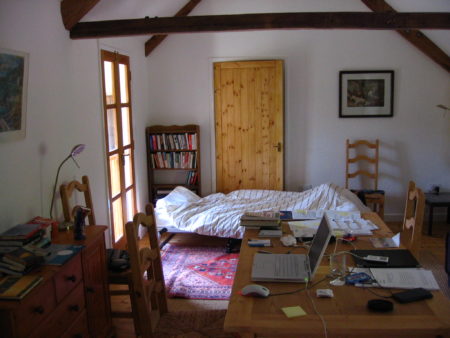Today I continued making progress with finishing the shortened and reorganized versions of my four core dissertation chapters. Specifically, I finished my hand edit of the framing chapter, chiefly intended to split out my own prescriptive normative conclusions from analysis of the divestment movement and scholarship about it.
This is a particularly challenging task because as initially written this chapter was meant to be the normative culmination of the text, with the conclusion largely given over to wrapping up and the niceties of academic writing such as identifying areas for further work.
While it has been labourious and often dispiriting to try to re-sequence the document at this stage, I am growing confident that in the end I will be able to do it in a way that not only meets the requirements set by my committee members but which actually lays things out in a clearer and more organized way for ordinary readers.
Tomorrow I will move on to making the edits to the Word version of the framing chapter, pulling out chunks that belong in the new prescriptive conclusions chapter. It will take another effort to sequence and connect the normative chunks that have been pulled from the political opportunities, mobilizing structures, repertoires, and framing chapters, but at least that can happen after I have sent the four core analytical chapters back to the committee for their re-examination.

